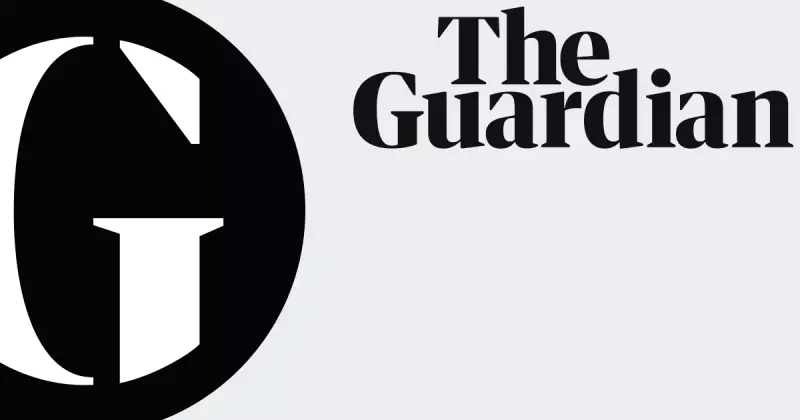
In a bold move to clean up British politics, independent MP Monique Ryan has demanded a radical three-year cooling-off period that would prevent former ministers and MPs from taking lucrative jobs with lobbying firms immediately after leaving office.
The call for reform comes amid growing public concern about the revolving door between Westminster and private sector organisations seeking to influence government policy. Dr Ryan argues that the current system creates unacceptable conflicts of interest and undermines public trust in the political process.
The Revolving Door Problem
Under existing rules, former ministers face minimal restrictions on their employment choices after leaving government service. This has led to numerous high-profile cases where ex-ministers and senior MPs have quickly transitioned into advisory roles with firms that actively lobby the government they recently served.
"The current situation creates a perception that public service can be leveraged for private gain," Dr Ryan stated. "We need clear boundaries to ensure that ministerial decisions are made in the public interest, not with one eye on future employment prospects."
Growing Momentum for Change
The proposed three-year ban has gained support from transparency campaigners and cross-party MPs who argue that Britain's lobbying regulations lag behind international standards. Several other democracies, including the United States and Canada, already enforce similar cooling-off periods for their former government officials.
Critics of the current system point to the risk that ministers might make decisions favourable to potential future employers, knowing they could secure highly-paid positions soon after leaving office.
Political Reaction and Next Steps
While the government has yet to formally respond to Dr Ryan's proposal, backbench support appears to be growing. The issue is expected to feature prominently in upcoming parliamentary debates about ethics and standards in public life.
With public confidence in politicians at a concerning low, this initiative represents a significant test of Westminster's willingness to reform itself. The outcome could determine whether Britain takes meaningful steps toward closing the controversial revolving door between government and the lobbying industry.





